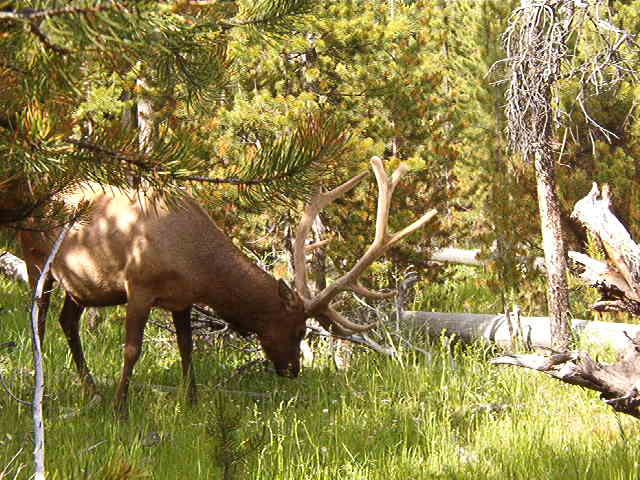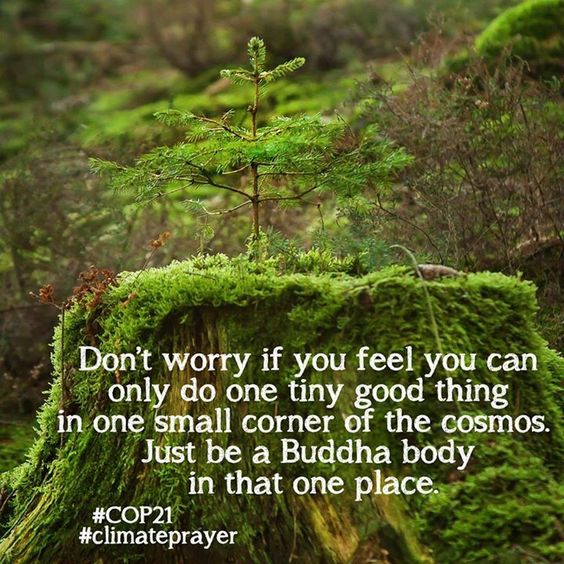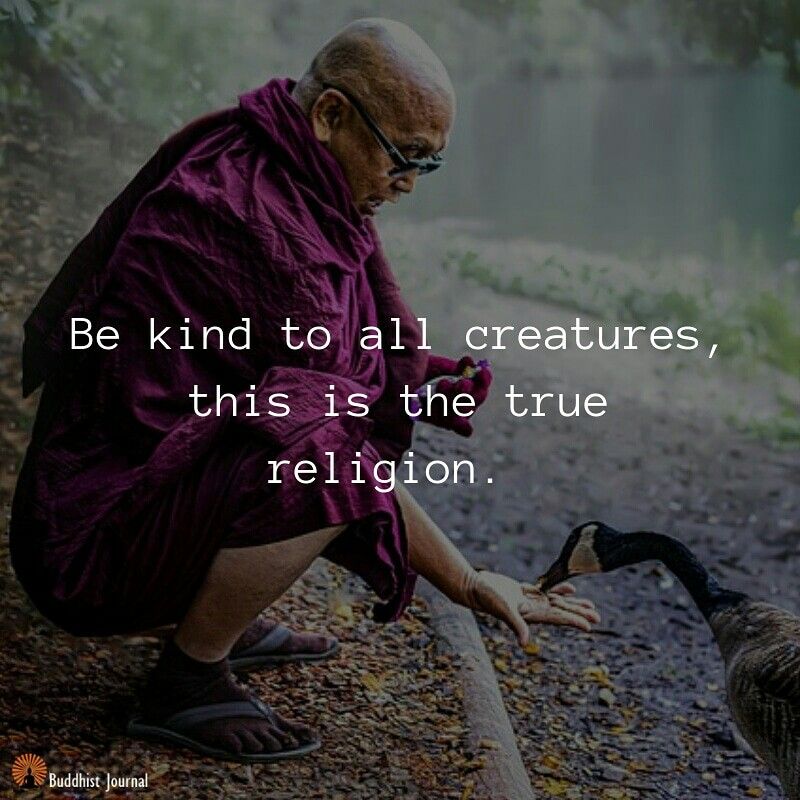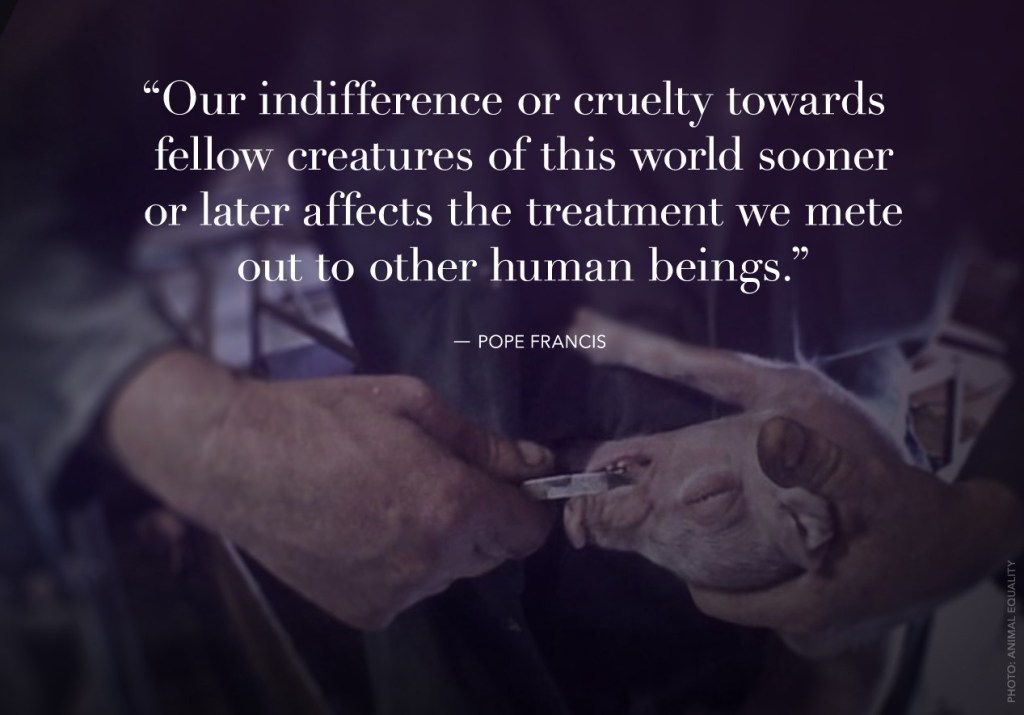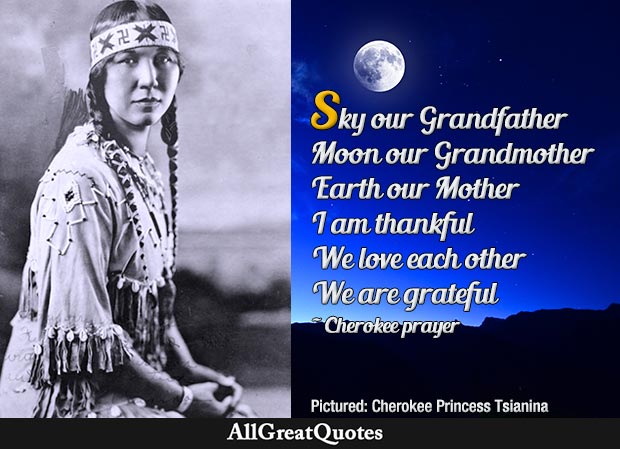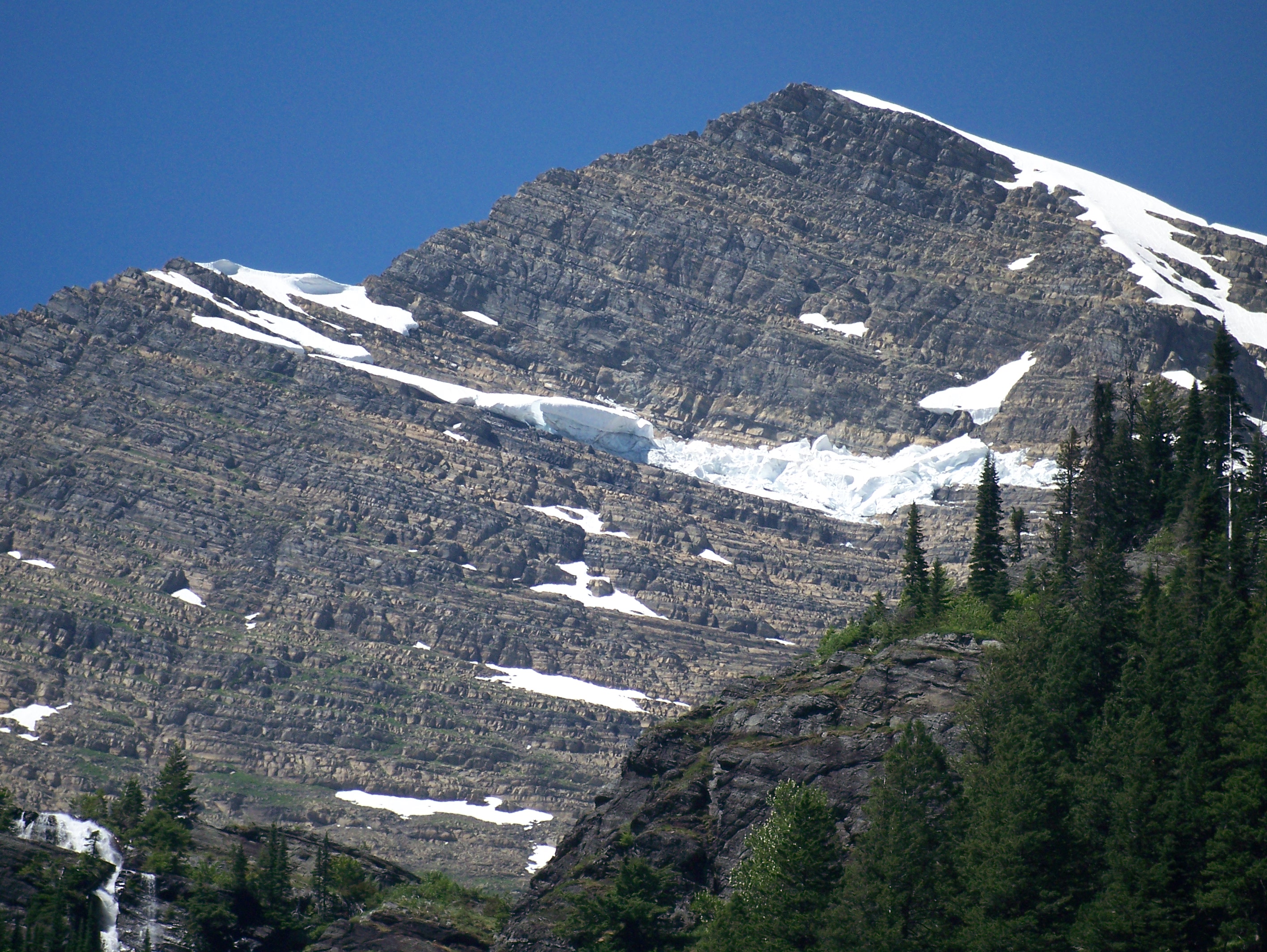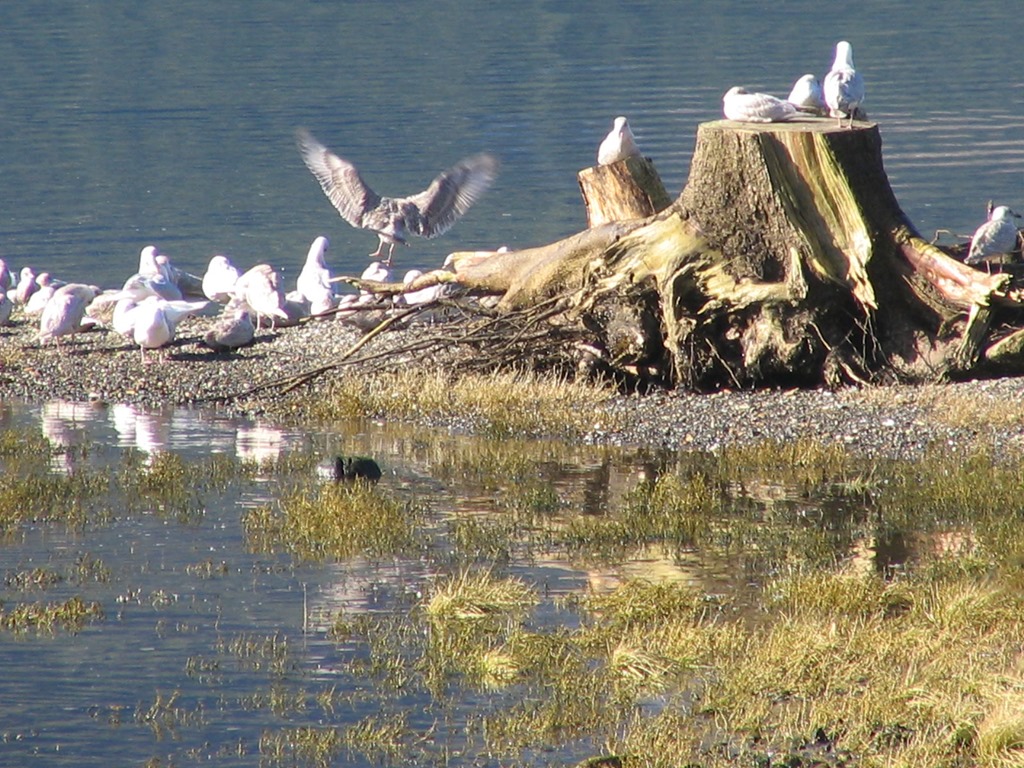It took a few days to post this. Michele shared a line from Invitation by Mary Oliver as a reminder we are each invited to linger in the natural world and its mysteries. When we do this, we experience the potential for a sense of wonder and awe to take hold. We move past curiosity and just being in the world, feeling we are each an integral part of the fabric of nature and the universe.
We are not world travellers, but take time to explore our backyard and a little beyond in the US and Mexico. When we travel, we hike and experience nature’s wonder. What is remarkable is how fortunate I am to witness some of this in my daily life. Years ago, as we prepared to go to church, I stepped out on the porch. About 5 metres from me a cow moose grazed on willows. She ate and glanced at me from time to time, seemingly unthreatened. Another time, as I travelled home, I saw an eagle perched on a deer carcass, likely the victim of a passing vehicle, on the edge of the forest. In both cases, I watched in wonder without taking pictures. Those remembrances are fresh and vividly imprinted on me as if they were yesterday, not 30-40 years ago.
I took the picture below in Yellowstone. We stopped and I walked about 50 metres to find access to enter the ditch rather than going down a steep embankment to avoid alarming the animal. I carefully and quietly walked to within 5-10 metres. The bull elk remained aware of me and the other person and continued to graze. I took 2-3 pictures. The one below is in a digital frame and appears every few minutes during the day.
Here, is the poem by Mary Oliver reminding me I am invited into this sense of wonder. The invitation calls on me to take care, be patient, and just be in the presence of other-than-human beings. As the poet tells me, I linger in the presence rather than rush away. I thrill in the willingness of this wonderful being to let me share nature with it.
Oh do you have time
to linger
for just a little while
out of your busy
and very important day
for the goldfinches
that have gathered
in a field of thistles
for a musical battle,
to see who can sing
the highest note,
or the lowest,
or the most expressive of mirth,
or the most tender?
Their strong, blunt beaks
drink the air
as they strive
melodiously
not for your sake
and not for mine
and not for the sake of winning
but for sheer delight and gratitude –
believe us, they say,
it is a serious thing
just to be alive
on this fresh morning
in the broken world.
I beg of you,
do not walk by
without pausing
to attend to this
rather ridiculous performance.
It could mean something.
It could mean everything.
It could be what Rilke meant, when he wrote:
You must change your life.
